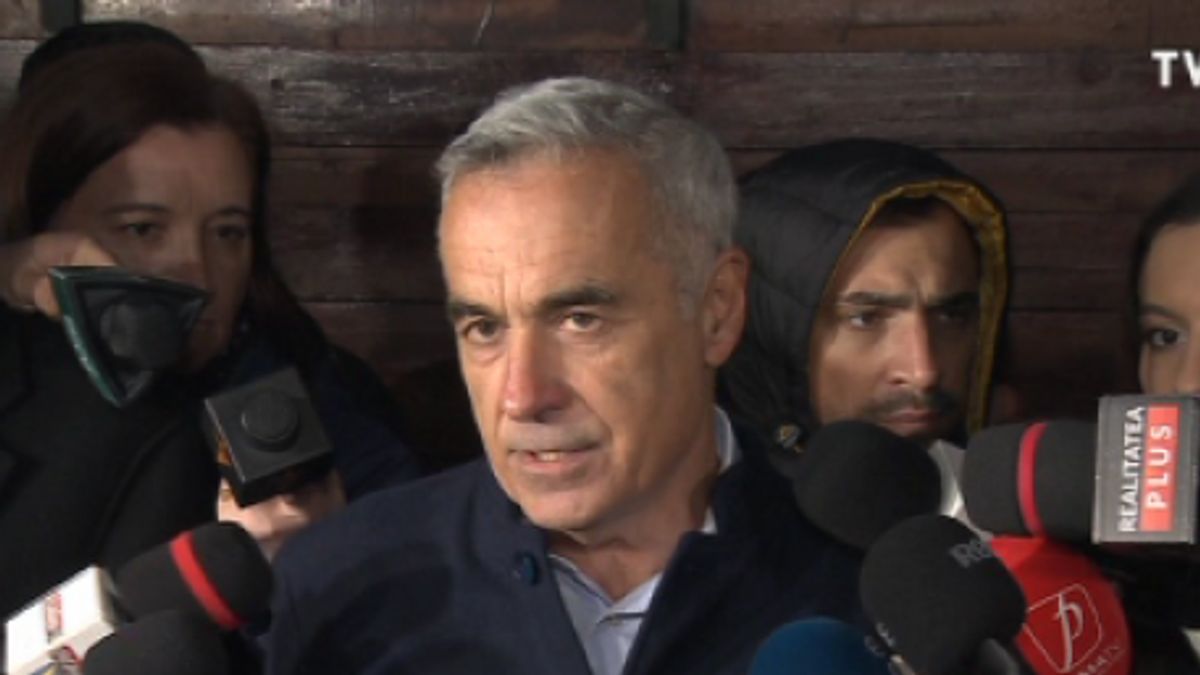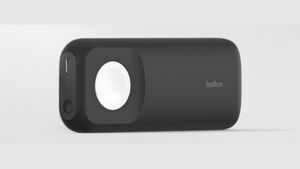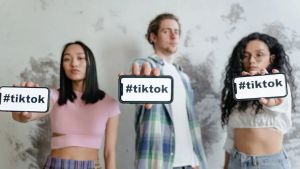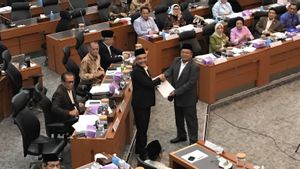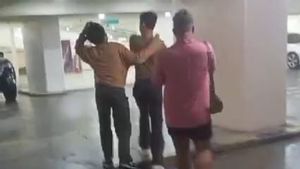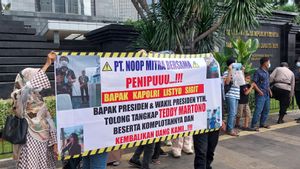The Romanian authorities discovered various "unordered" in the election campaign on TikTok and asked the European Union to investigate the role of the platform in the implementation of national elections this month.
Romania's national media regulatory agency Ancom reported to the European Commission on Tuesday, November 26 that TikTok did not respond quickly to requests to secure the election process, as disclosed in a press release.
A spokesman for the European Commission, Thomas Regnier, confirmed that it had received a request to open an official investigation into TikTok's role in the Romanian elections under the new European Union regulation, the Digital Services Act (DSA). "We are monitoring these developments thoroughly," Regnier said, adding that the EU could open an investigation if there is adequate evidence.
TikTok is under pressure to explain how the platform handled political content in Romania after last Sunday's first round of presidential elections. The election resulted in a surprising victory for pro-Russian ultranationalist Cryptin Georgescu, who managed to gain huge popularity on TikTok.
Georgescu, who has more than 370,000 followers on his TikTok account, allegedly used "fake accounts" and influencers without labeling paid ads to support his campaign. In fact, TikTok bans paid political advertisements on its platform.
Romanian Prime Minister Marcel Ciolacu also called for a search for Georgescu campaign funding on TikTok. "The source of funding needs to be traced, 'follow the money,'" Ciolacu said.
SEE ALSO:
TikTok's spokesman in Brussels, Paolo Ganino, denied the allegations. "Specular reports about Romanian elections are inaccurate and misleading. Most candidates have attendance on TikTok, and winners are also campaigning on other digital platforms," he said.
TikTok claims to have teamed up with the Romanian Election Commission to launch an Election Center in their application, which aims to provide reliable election information. Ganino insists that TikTok enforces community guidelines strictly and prohibits paid political advertising.
This case puts the European Commission in a difficult position. Investigations into TikTok's role in elections can be seen as a form of intervention in the Romanian national election process. The second round of presidential elections will take place on December 8, while parliamentary elections are scheduled for this weekend.
"The Commission does not intervene in national elections and seeks to ensure equality for all candidates according to their competence," said Regnier.
Meanwhile, researchers are continuing to investigate how the spike in Georgescu's popularity on TikTok could occur in a short time, including allegations of using influencers and fake accounts.
The English, Chinese, Japanese, Arabic, and French versions are automatically generated by the AI. So there may still be inaccuracies in translating, please always see Indonesian as our main language. (system supported by DigitalSiber.id)
